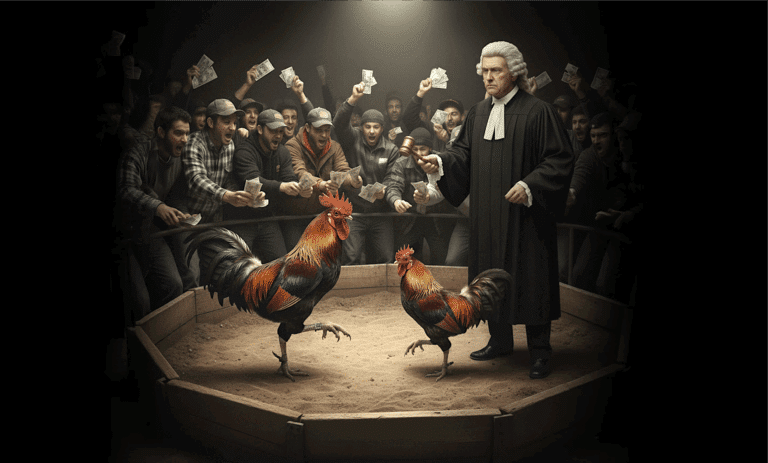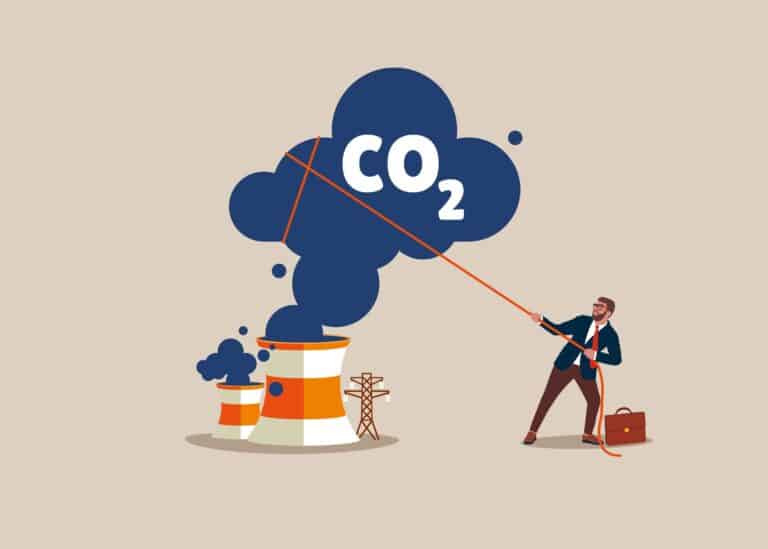Book Review
Margaret MacMillan, Nixon in China
(Viking Books) 295 pp, $45.
Only one presidential trip in memory has resulted in the creation of a famous political saying. From Richard Nixon’s seminal visit to China in 1972 came the “Nixon Goes to China Rule” of politics, the crux of which is that the politician perceived to be least likely to do something will actually have the easiest time doing it.
To wit: Only Stephen Harper, the conservative Albertan, could successfully champion the cause of Québec “nationhood”; only a Muslim legislator could have proposed a motion in the Québec National Assembly blocking the advent of sharia courts in la belle province; the Conservative Party was the first national political party in Canada to elect a woman as leader.
And so it was President Richard M. Nixon, the anti-communist Republican of House Un-American Activities Committee (HUAC) fame, who was able to break a twenty-year stalemate and established diplomatic relations between the United States and Communist China.
More than a decade after his death, Richard Nixon remains one of the most fascinating and most studied political personalities of the modern era. Despite the seemingly endless stream of books, studies, conferences, documentaries and movies about the man and his presidency, there still appears to be a desire for more. Political junkies in America and around the world can’t get enough of this complicated and enigmatic president.
One of the problems with so much of the available material on Nixon is authors’ penchant for delving into pop psychology, often leading to an over-emphasis on Nixon’s supposed paranoia and his complex relationship with Henry Kissinger. Margaret MacMillan’s Nixon in China avoids this trap and others associated with books about specific historical events. She succeeds in painting a picture that avoids attempting to interpret all of Nixon’s actions through the prism of his paranoia and provides substantial contextual information on the famous trip.
In short, this book is a masterpiece. McMillan’s prose is focused, engaging and meticulously detailed. The main reason it is so good is that MacMillan brings the central characters of this story to life. MacMillan, who rose to prominence for her award-winning book on the Paris Peace Conference, Paris 1919, knows how to hone in on complex personalities and demonstrate both the attributes and shortcomings of Great Leaders. International relations – just about all politics, for that matter – are fundamentally about interpersonal relations, so it is essential to get a full understanding of who the principal actors are and where they came from. Nixon, Kissinger, Chou en-Lai and Mao Tse-Tung are all described in vivid biographical detail in these pages, which is useful for all, but especially for younger readers who were not alive to witness this momentous event. Even Nixon’s staffers like the over-protective but politically savvy John Haldeman and Nixon aide (and later Secretary of State) Alexander Haig are given quite a bit of ink. MacMillan takes us step-by-step through the conceptualization, planning for and eventual journey to the laborious drafting of the joint statement released by the two sides, known as the Shanghai Communiqué, at the end of the meetings.
Reading this book makes one realize how radically the global landscape has changed in the last few decades. It was 1972, the middle of the Cold War, and both the United States and the USSR were posturing for advantage. Nixon’s trip was fraught with danger. To put it in a current context, it would be somewhat like George W. Bush visiting Havana today. President Nixon, ever the strategist, knew back then that an opening to China could wield an important strategic advantage. This trip was very much his idea, and it was done at considerable political risk.
Opposition to the trip ran the full political spectrum – the Left wanted closer ties with the Soviets and the Right opposed normalizing relations with the People’s Republic on ideological grounds. (The White House actually embarked on a concerted effort to woo key conservatives, even bringing National Review editor William F. Buckley on the trip, but Buckley was so incensed with what he saw that he worked to defeat Nixon for the Republican nomination later that year.) Attitudes towards China have changed dramatically in the past three decades to a point where both left and right now embrace trade with the People’s Republic as part of their agendas. That change started with this trip.
Another important quality of this book is its even-handedness. Too many Nixon books are coloured by many historians’ distaste for Nixon and the people around him. In recent years those attitudes have softened. (Bill Clinton’s eulogy at the Nixon funeral with his statement that the days of judging the 37th president by Watergate are over comes to mind.) MacMillan notes early on:
“Nixon did many immoral things in his life but he longed to be good. In the notes which he wrote endlessly to himself on his favourite yellow legal pads, he exhorted himself to provide moral leadership, to be the national conscience of his country. If he often behaved like his father, who was a loud-mouthed and opinionated bully, he wished to be more like his saintly mother. A devout Quaker, she gave all her children a profoundly religious upbringing. For decades, Nixon carried in his wallet a note which she had given him in 1953 when he became vice-president. ‘I know that you will keep your relationship with your Maker as it should be, for after all, that as you must know is the most important thing in this life.’” (p. 14)
MacMillan shows how Nixon was a God-fearing man with a particular obsession with accomplishing big things as President. He knew he could leave his mark in the foreign policy realm. He had a passion for it. During his two terms as vice president under Eisenhower, he became the most travelled vice president in history. Once elected, he centralized foreign policy decision making in the Oval Office so much that his first Secretary of State, William Rogers, was little more than a seat-warmer. Rogers was not even told of the planned trip to China until after Henry Kissinger made a secret trip ahead of Nixon’s visit in early 1972, and the State Department, likely rebelling against their sidelining, were constantly throwing sticks in the wheel of Kissinger and Nixon. In the end, Nixon’s trip ended up being a huge political win for him and easily catapulted him into a second term as President.
Even though many of the differences between the two countries – particularly the perilous situation in Vietnam and China’s position on its right to Taiwan – were not resolved during the visit, the dialogue began. Nixon and Mao actually got along quite well together and there was a sense that something major had been accomplished. Nixon arrived home to a hero’s welcome. “My God, it’s like the arrival of the king,” noted Life magazine’s Hugh Sidey. Two years later, the king would be unceremoniously dethroned, unable to weather the storm of the Watergate scandal.
Margaret MacMillan has written what will likely go down as the most authoritative recounting of this monumental piece of 20th century diplomatic history. Nixon’s trip to China changed the received political wisdom of his era, and MacMillan has made a grand contribution to the body of scholarship on one of America’s most fascinating and misunderstood presidents.
Adam Daifallah, a member of C2C’s editorial board, is an author, journalist and law student living in Québec City. He worked as a researcher on Conrad Black’s new book “The Invincible Quest: The Life of Richard Milhous Nixon”.






